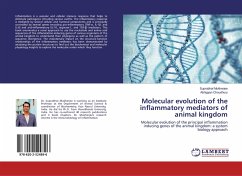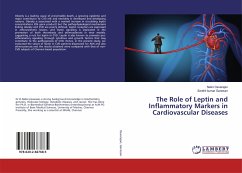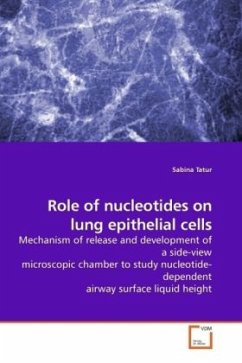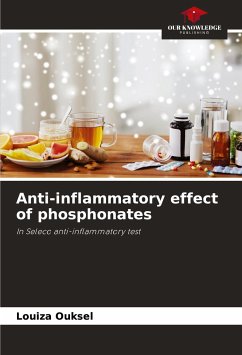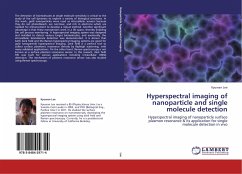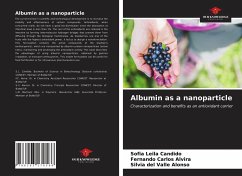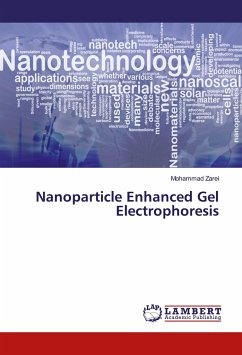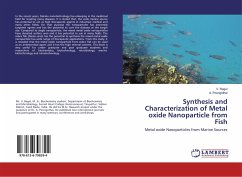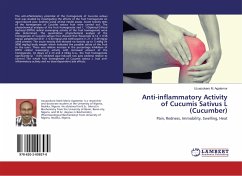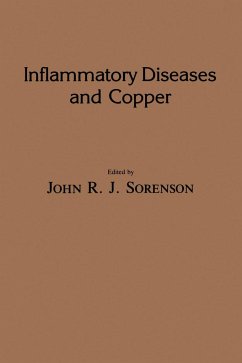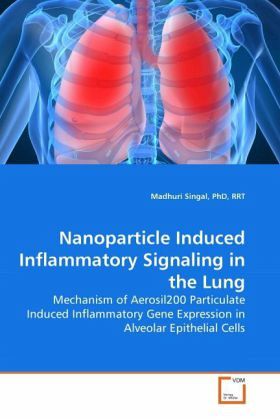
Nanoparticle Induced Inflammatory Signaling in the Lung
Mechanism of Aerosil200 Particulate Induced Inflammatory Gene Expression in Alveolar Epithelial Cells
Versandkostenfrei!
Versandfertig in 6-10 Tagen
52,99 €
inkl. MwSt.

PAYBACK Punkte
26 °P sammeln!
The cardiorespiratory system is designed to facilitate the exchange of gases, such as oxygen and carbon dioxide, maintain acid-base and electrolyte balance, and serve as an important mechanism for filtering potentially harmful environmental materials. Respiratory exposure to nanoparticles, in an environmental or industrial setting, can induce the expression of inflammatory mediators in various cell types of the lung. The research detailed in this book provides a possible mechanism by which particle-induced signaling in alveolar Type II epithelial cells may occur and suggests that the epithelia...
The cardiorespiratory system is designed to facilitate the exchange of gases, such as oxygen and carbon dioxide, maintain acid-base and electrolyte balance, and serve as an important mechanism for filtering potentially harmful environmental materials. Respiratory exposure to nanoparticles, in an environmental or industrial setting, can induce the expression of inflammatory mediators in various cell types of the lung. The research detailed in this book provides a possible mechanism by which particle-induced signaling in alveolar Type II epithelial cells may occur and suggests that the epithelial cell signaling mechanism initiates and propagates a pro-inflammatory pathway that can lead to pulmonary fibrosis. Pulmonary inflammation, resulting from particulate exposure, is an interesting model in which to study inflammation, dysregulated tissue repair and carcinogenesis. With the advent of nanoparticle technology, in industrial and consumer products, toxicological assessment of Aerosil200 particles may become a standard against which to measure the effects of other nanoparticles.



